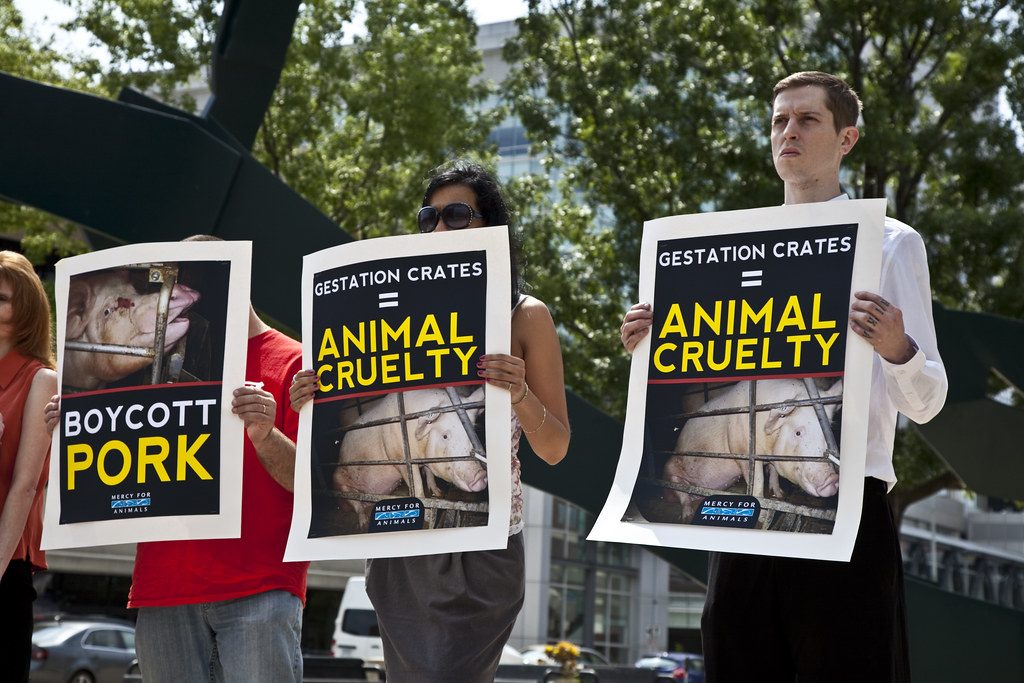Demand from customers has led M&S to make all its beloved Percy Pig sweets vegetarian.
In rich countries like the UK, many (although not all) of us have a decent amount of control over what type of food we eat. And while economists have spent entire careers arguing about why we choose to eat what when, and while what we pick out is of course deeply shaped by our environment, culture and background, most people would still say that an important factor is our individual preference: we eat what we think tastes good, or will make us happy.
But often our food choices can have an impact on our wider society as well as us personally. If we eat lots of unhealthy food and get sick from it, more public money has to be spent treating us on the NHS and sometimes providing us with unemployment benefits. If we eat lots of non-local food that has to be flown over to us then more carbon is pumped into the air, adding to climate change. And if we want to eat meat then animals have to be killed (and animal farms are also a big contributor to environmental damage and climate change).
These society-wide costs are why some people would prefer for society to sometimes limit people’s food choices. For example, some animal rights or environmental activists say everybody should be forced to adhere to a vegetarian or vegan diet because individual preference cannot outweigh the staggering costs to animal or planet wellbeing.
Some shoppers are now accusing the supermarket chain M&S of bowing to pressurefrom these people by making all their Percy Pig sweets vegetarian. (The disgruntled customers say the gelatin-free version doesn’t taste as good as the original.)
M&S is a for-profit company, which means its main aim is to make money. It makes product choices largely based on what it thinks will help it sell the most stuff. So its move to veggie-only sweets suggest that there has been a widespread shift in customer preference for meat-free food. Vegetarianism is certainly becoming more popular in the UK - the number of self-declared vegetarians has almost doubled from 3 percent of the population in 1989 to 5.7 percent now. And an even bigger amount - about a third of the population - say they are reducing their meat intake.
Read our explainer on: consumer choice theory.

